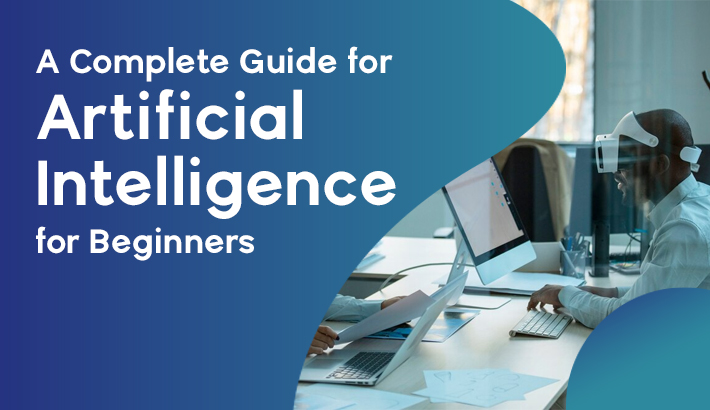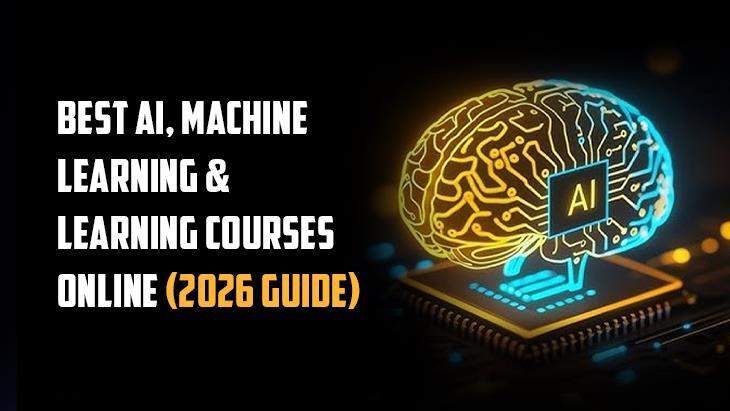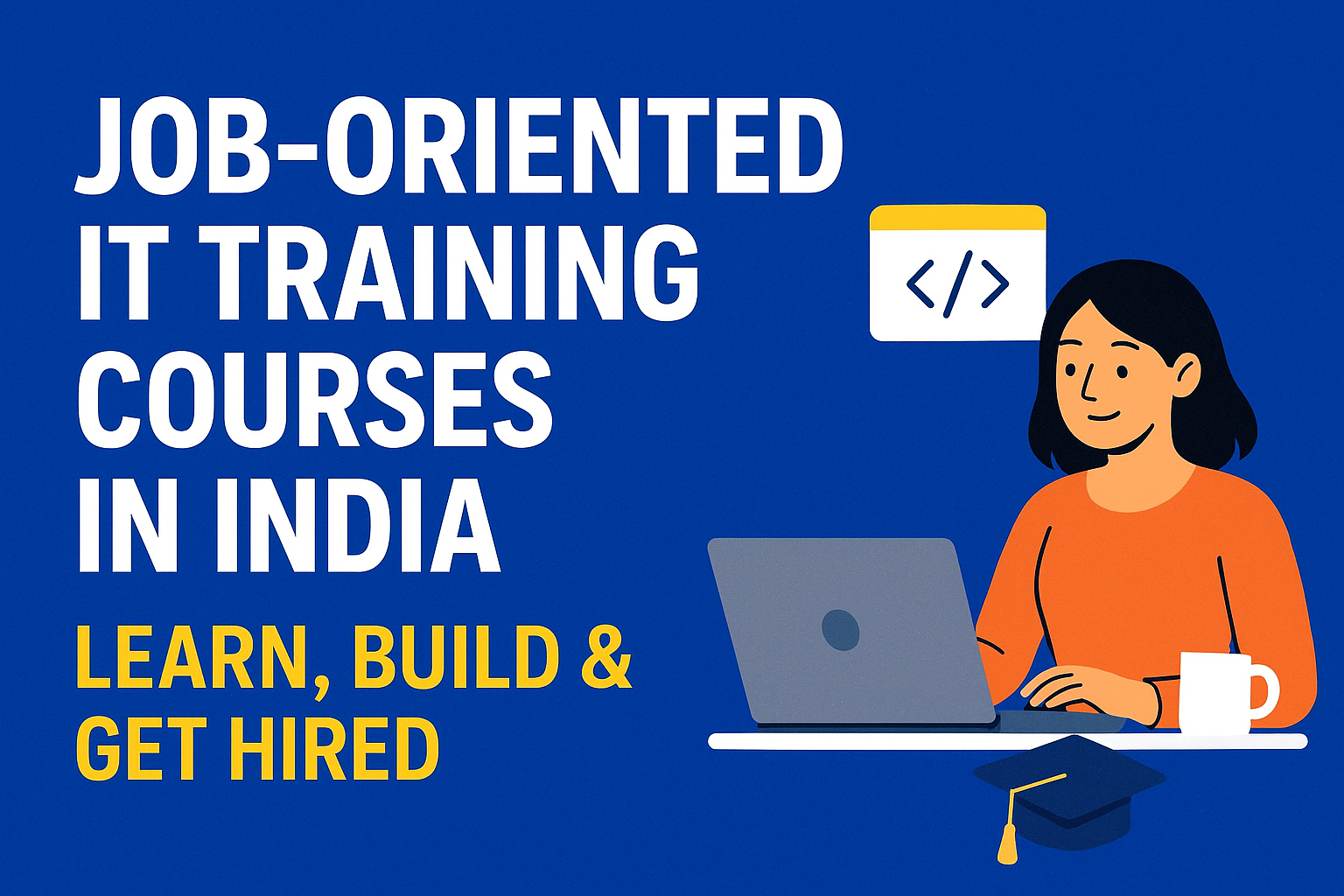Artificial Intelligence (AI) is a rapidly evolving field that has garnered significant attention in recent years.
A complete guide for artificial intelligence for beginners, navigating through the vast landscape of AI can be overwhelming. This guide aims to provide a comprehensive overview of Artificial Intelligence, offering insights into its fundamentals, applications, and common questions that beginners often have.
Understanding Artificial Intelligence:
At its core, Artificial Intelligence refers to the development of computer systems that can perform tasks that typically require human intelligence. These tasks include problem-solving, learning, perception, language understanding, and decision-making. AI systems can be broadly categorized into narrow or weak AI, which is designed for a specific task, and general or strong AI, which has the ability to perform any intellectual task a human can.
Key Concepts in AI:
-
Machine Learning (ML): ML is a subset of AI that focuses on building systems that can learn from data. It involves training algorithms to recognize patterns and make decisions without explicit programming.
-
Neural Networks: Inspired by the human brain, neural networks are a fundamental component of deep learning, a subset of machine learning. These networks consist of interconnected nodes, or artificial neurons, that process information.
-
Natural Language Processing (NLP): NLP enables computers to understand, interpret, and generate human language. It plays a crucial role in applications like chatbots, language translation, and sentiment analysis.
Applications of AI:
AI has found applications in various domains, transforming industries and improving efficiency. Some common applications include:
-
Healthcare: Diagnosis and treatment recommendations.
-
Finance: Fraud detection and algorithmic trading.
-
Marketing: Personalized recommendations and targeted advertising.
-
Autonomous Vehicles: Self-driving cars and drones.
-
Customer Service: Chatbots for handling customer queries.
Frequently Asked Questions (FAQ):
Q1: Is AI the same as Machine Learning?
A1: No, AI is the broader concept, while Machine Learning is a subset of AI. AI encompasses various techniques, including rule-based systems, expert systems, and more, whereas Machine Learning focuses specifically on learning from data.
Q2: What skills are essential for a career in AI?
A2: Core skills include programming languages (Python, R), statistics, data analysis, and a solid understanding of algorithms. Additionally, expertise in machine learning frameworks and tools is beneficial.
Q3: Are there ethical concerns with AI?
A3: Yes, ethical considerations are crucial in AI development. Issues such as bias in algorithms, data privacy, and the potential for job displacement require careful consideration and responsible AI practices.
Q4: How can I get started with AI?
A4: Begin by learning the basics of programming and statistics. Explore online courses and resources on platforms like Coursera and edX. Join AI communities, work on projects, and build a strong foundation in the fundamentals.
Conclusion:
Artificial Intelligence is a dynamic and exciting field with vast possibilities. This guide provides beginners with a solid foundation to embark on their AI journey, covering key concepts, applications, and addressing common questions. As technology continues to advance, understanding AI becomes increasingly valuable in various industries and everyday life.





Leave a reply